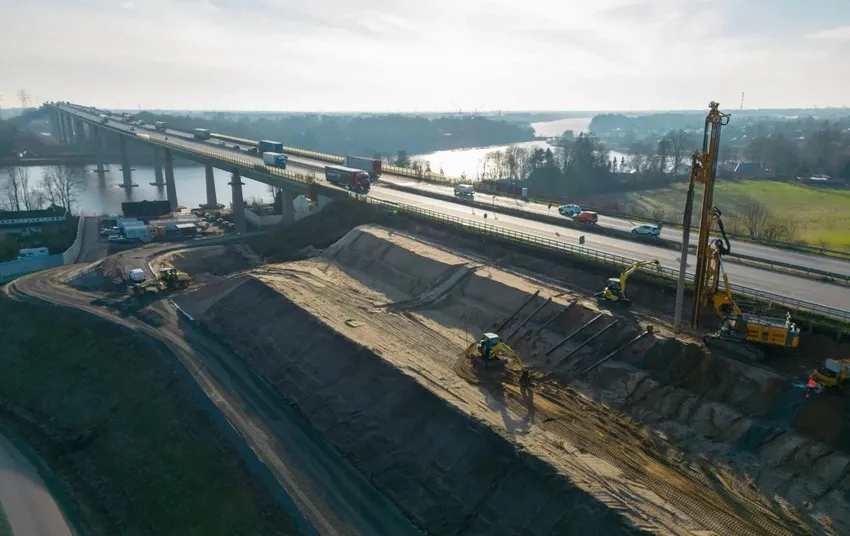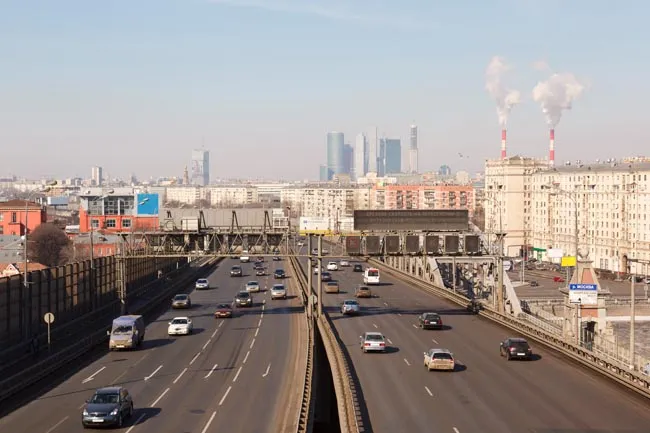Only 44% of roads in the northeastern German state of Mecklenburg Vorpommern are in good or very good condition, according to a transport infrastructure report presented to the German parliament.
Also, a third are in poor or very poor condition.
The state - the least densely populated in all Germany - performed well compared to other states, according to German media reports. But there are more than 600km where the damage is so bad that it must be repaired as soon as possible or at least be closely m
May 19, 2016
Read time: 2 mins
Only 44% of roads in the northeastern German state of Mecklenburg Vorpommern are in good or very good condition, according to a transport infrastructure report presented to the German parliament.
Also, a third are in poor or very poor condition.
The state - the least densely populated in all Germany - performed well compared to other states, according to German media reports. But there are more than 600km where the damage is so bad that it must be repaired as soon as possible or at least be closely monitored.
Only one third of smaller local roads are in good or excellent condition, compared to two-thirds of motorways.
In 2016, just over €66 million will be invested in road by the federal government. Mecklenburg Vorpommern will invest almost €68 million in road maintenance this year.
Last year, Germany’s audit office called for increased spending on roads maintenance. The office has criticised the road and autobahn budget set by Germany’s Ministry of Transport for the 2016 to 2030 period. The German Government had set its €3.8 billion annual spending for the 2011 to 2025 period based on the conditions of roads in 2010. However, the audit office said the cost of road repairs will be much higher.
Also last year, a renovated section of the A8 Autobahn in southern Germany opened to traffic, a test case for what public-private partnerships can do for the country’s road infrastructure.
Pansuevia, a joint venture finance and operating company, oversaw the road upgrade between Ulm and Augsburg - one part lying in Baden-Württemberg and the other in Bavaria. It is maintaining the section under a 30-year contract.
Also, a third are in poor or very poor condition.
The state - the least densely populated in all Germany - performed well compared to other states, according to German media reports. But there are more than 600km where the damage is so bad that it must be repaired as soon as possible or at least be closely monitored.
Only one third of smaller local roads are in good or excellent condition, compared to two-thirds of motorways.
In 2016, just over €66 million will be invested in road by the federal government. Mecklenburg Vorpommern will invest almost €68 million in road maintenance this year.
Last year, Germany’s audit office called for increased spending on roads maintenance. The office has criticised the road and autobahn budget set by Germany’s Ministry of Transport for the 2016 to 2030 period. The German Government had set its €3.8 billion annual spending for the 2011 to 2025 period based on the conditions of roads in 2010. However, the audit office said the cost of road repairs will be much higher.
Also last year, a renovated section of the A8 Autobahn in southern Germany opened to traffic, a test case for what public-private partnerships can do for the country’s road infrastructure.
Pansuevia, a joint venture finance and operating company, oversaw the road upgrade between Ulm and Augsburg - one part lying in Baden-Württemberg and the other in Bavaria. It is maintaining the section under a 30-year contract.








